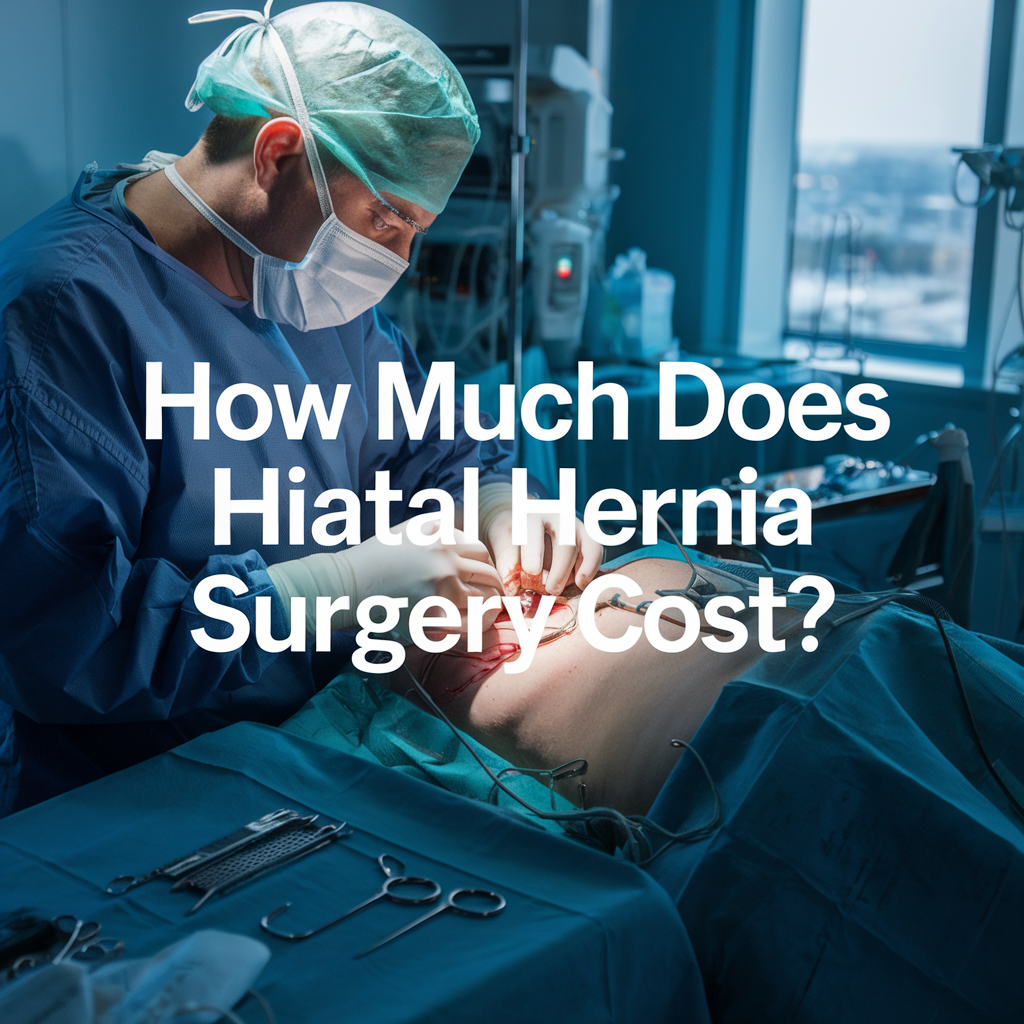
Wondering about hiatal hernia surgery cost? Understanding the financial aspects of this procedure is crucial for making informed healthcare decisions. Hiatal hernia surgery is a common solution for individuals suffering from persistent acid reflux, chest pain, and difficulty swallowing caused by the condition. However, costs can vary widely depending on factors like insurance coverage, the type of surgery performed, and geographic location.
In this article, we’ll break down the cost of hiatal hernia surgery, explore whether insurance covers it, and discuss life after the procedure. By the end, you’ll have a clear picture of what to expect and how to prepare financially for this important surgery.

What Determines Hiatal Hernia Surgery Cost?
The cost of hiatal hernia surgery can vary significantly, depending on several key factors. On average, laparoscopic hiatal hernia repair costs between $5,000 and $10,000 in the United States, but this figure can rise based on the specifics of the procedure and associated expenses.
Here are the primary factors that influence the cost of the surgery:
- Type of Surgery: Laparoscopic surgery, which is less invasive, typically costs less than open surgery but may involve specialized equipment.
- Surgeon and Facility Fees: The reputation of the surgeon and the hospital or surgical center can greatly impact the price.
- Geographic Location: Surgery in urban or high-cost-of-living areas is often more expensive than in smaller or rural regions.
- Additional Services: Costs for anesthesia, preoperative testing, and postoperative care add to the total price.
If you’re looking for a transparent breakdown of what this procedure might cost, tools like MDsave can help you compare prices at different facilities and better understand the financial commitment involved.
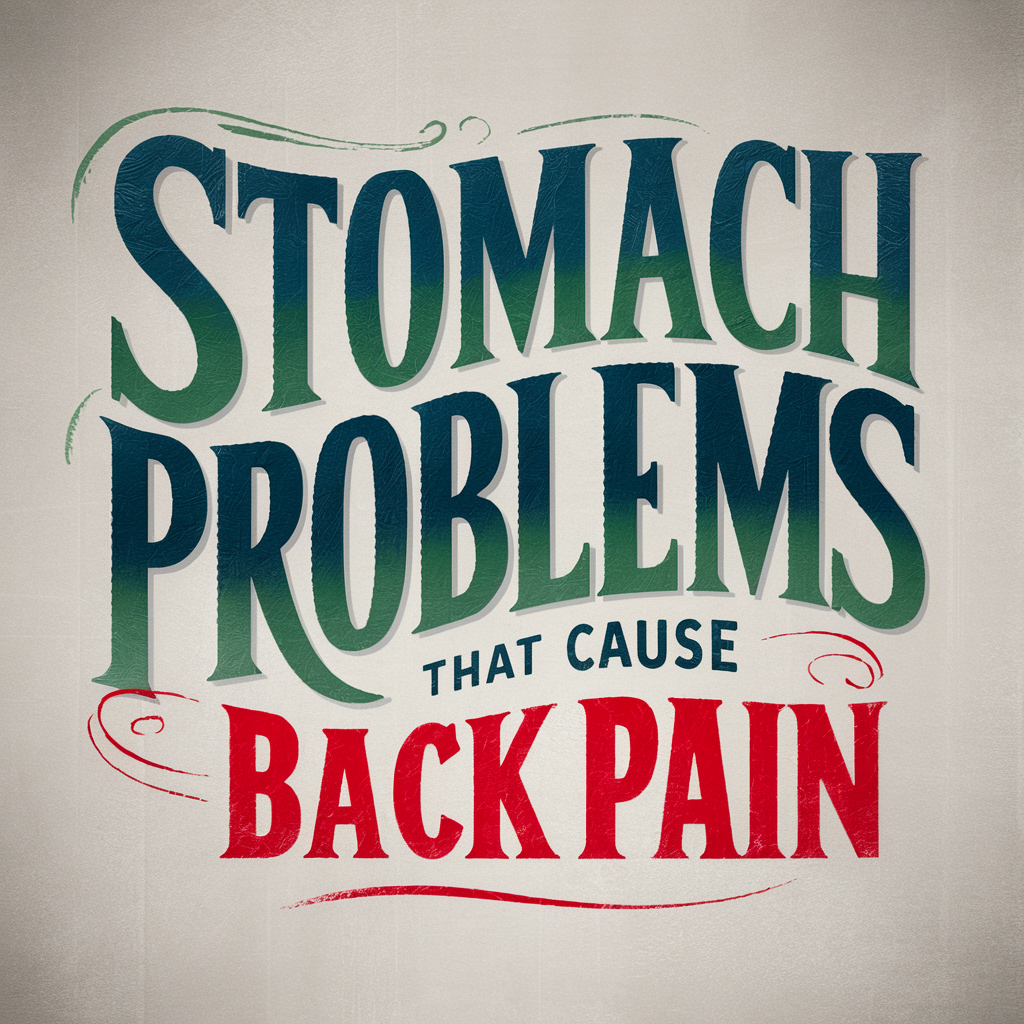
Hiatal Hernia Surgery Cost Without Insurance
For patients without insurance, the cost of hiatal hernia surgery can be a significant financial burden. On average, out-of-pocket expenses range from $10,000 to $20,000 or more, depending on the complexity of the procedure and the facility chosen. Without the benefit of negotiated rates through insurance, patients are responsible for the full costs, including:
- Surgeon Fees: Typically ranging from $3,000 to $6,000.
- Hospital or Facility Charges: These can account for a substantial portion, often exceeding $10,000.
- Anesthesia and Postoperative Care: Additional fees for anesthesia and follow-up visits can add several thousand dollars.

For uninsured patients, there are options to help manage these costs:
- Payment Plans: Many hospitals and surgical centers offer financing or payment plans to make the expense more manageable.
- Discounted Rates: Using resources like GoodRx can help you find facilities offering lower costs for hernia repairs.
- Negotiation: Contacting the billing department to negotiate costs or inquire about cash payment discounts can result in significant savings.
Without insurance, understanding your options is crucial to avoid financial strain while still receiving the care you need.
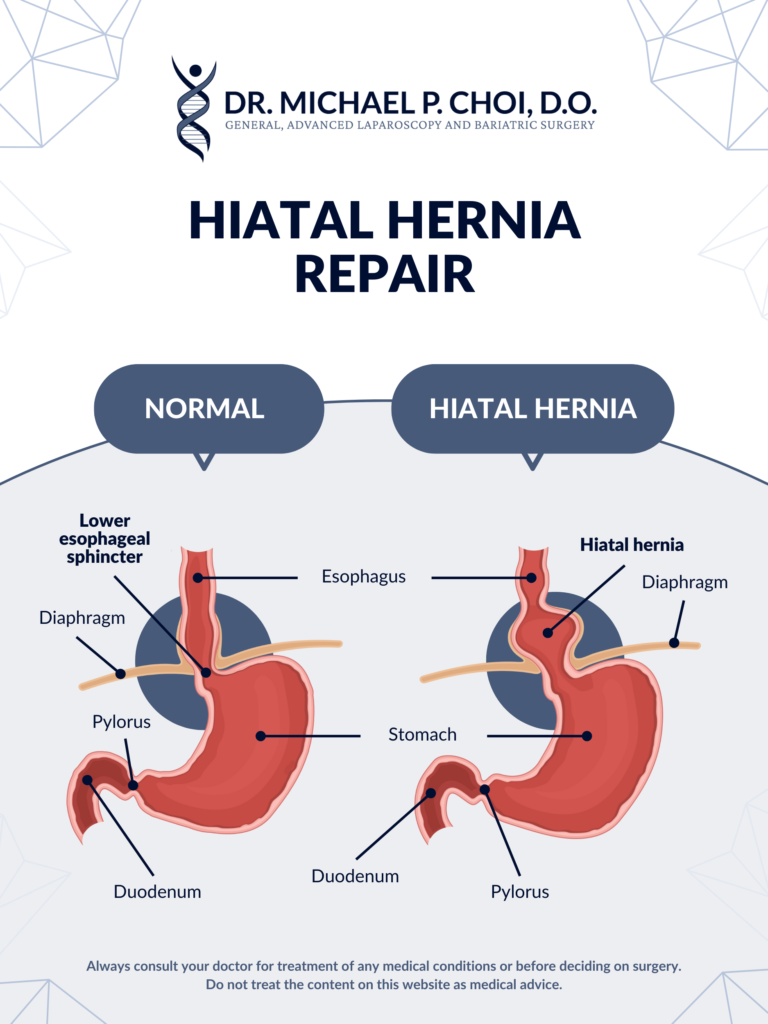
Hiatal Hernia Surgery Cost With Insurance
For individuals with insurance, the cost of hiatal hernia surgery is significantly reduced, though out-of-pocket expenses can still vary depending on your plan. Insurance typically covers the procedure if it is deemed medically necessary, which is often the case for patients experiencing severe symptoms like chronic acid reflux or difficulty swallowing.
Key factors that determine your out-of-pocket cost with insurance include:
- Deductible: The amount you must pay before your insurance begins covering expenses.
- Copayment or Coinsurance: A percentage of the cost you may be required to pay after meeting your deductible.
- Out-of-Pocket Maximum: The maximum amount you’ll need to pay in a year, after which insurance covers 100% of covered services.
For example, with insurance, the out-of-pocket cost for hiatal hernia surgery might range from $1,000 to $5,000, depending on your plan’s specifics. If you are managing related conditions such as acid reflux, consider reviewing options for long-term care like TummyCure’s guide to acid reflux solutions to better understand how ongoing treatment may factor into your expenses.
Being proactive about discussing coverage with your insurance provider can help you avoid unexpected costs and plan for the financial aspects of your surgery.

Is Hiatal Hernia Surgery Covered by Insurance?
In most cases, hiatal hernia surgery is covered by insurance, provided it is deemed medically necessary. This determination is typically based on documented symptoms such as severe acid reflux, difficulty swallowing, or complications like esophageal damage. However, there are important steps to ensure coverage:
- Pre-Approval Requirements: Most insurance providers require pre-authorization before the procedure. This involves submitting medical records and a recommendation from your physician.
- Exclusions and Limitations: Some insurance plans may have specific exclusions or only partially cover the procedure. It’s essential to review your policy or contact your provider to clarify what is included.
- Out-of-Pocket Costs: While insurance can significantly lower the overall expense, patients may still need to pay a deductible, copayment, or coinsurance amount.

If you’re unsure whether your insurance will cover the surgery, reach out to your provider or consult with your surgeon’s billing department to confirm coverage. For those managing symptoms that may warrant surgery, explore TummyCure’s article on abdominal pain to better understand related conditions that might support a medical necessity claim.
Proper preparation and communication with your insurer can help streamline the approval process and minimize financial stress.

Hiatal Hernia Surgery Death Rate: Is It Safe?
Hiatal hernia surgery is considered a safe and effective procedure, with a very low death rate. Advances in medical technology and the use of minimally invasive techniques, such as laparoscopic surgery, have made the procedure even safer. The mortality rate for hiatal hernia surgery is estimated to be less than 1%, with the risk being higher for older patients or those with severe preexisting health conditions.
Key factors contributing to the safety of the procedure include:
- Experienced Surgeons: Selecting a qualified and experienced surgeon greatly reduces risks.
- Preoperative Assessments: Comprehensive health evaluations ensure patients are strong enough for surgery.
- Postoperative Monitoring: Careful follow-up after surgery minimizes complications.
Despite its high safety profile, it’s important to discuss individual risks with your healthcare provider. Patients with persistent abdominal pain or acid reflux may find relief through surgery, but understanding the procedure’s benefits and risks is crucial. For related insights into abdominal health, check out TummyCure’s guide on abdominal pain symptoms to better understand when surgical intervention might be necessary.
Ultimately, the safety of hiatal hernia surgery, combined with its ability to significantly improve quality of life, makes it a viable option for those struggling with severe symptoms.

Is It Worth Getting Hiatal Hernia Surgery?
Deciding whether to undergo hiatal hernia surgery depends on the severity of your symptoms and the impact on your quality of life. For individuals with mild symptoms, lifestyle changes and medications may provide sufficient relief. However, for those experiencing chronic acid reflux, severe pain, or complications like esophageal damage, surgery can be a life-changing solution.
Benefits of Hiatal Hernia Surgery:
- Long-Term Symptom Relief: Many patients report a significant reduction or complete resolution of acid reflux and related discomfort after surgery.
- Improved Quality of Life: Reduced pain and the ability to eat normally without symptoms.
- Lower Long-Term Costs: Surgery can eliminate the need for expensive, ongoing medications or repeated doctor visits.
Potential Risks to Consider:
- Surgical Complications: While rare, risks include infection, difficulty swallowing, or recurrence of the hernia.
- Recovery Time: The recovery period may involve dietary restrictions and limited physical activity.
If symptoms are affecting your daily life, it may be worth considering surgery. Balancing the costs and benefits is essential, as is consulting your doctor to determine the best approach. For additional context on managing symptoms like acid reflux, visit TummyCure’s guide to acid reflux solutions for more information on treatment options.
Hiatal hernia surgery is often a worthwhile investment for those whose lives are disrupted by severe symptoms, offering lasting relief and improved well-being.
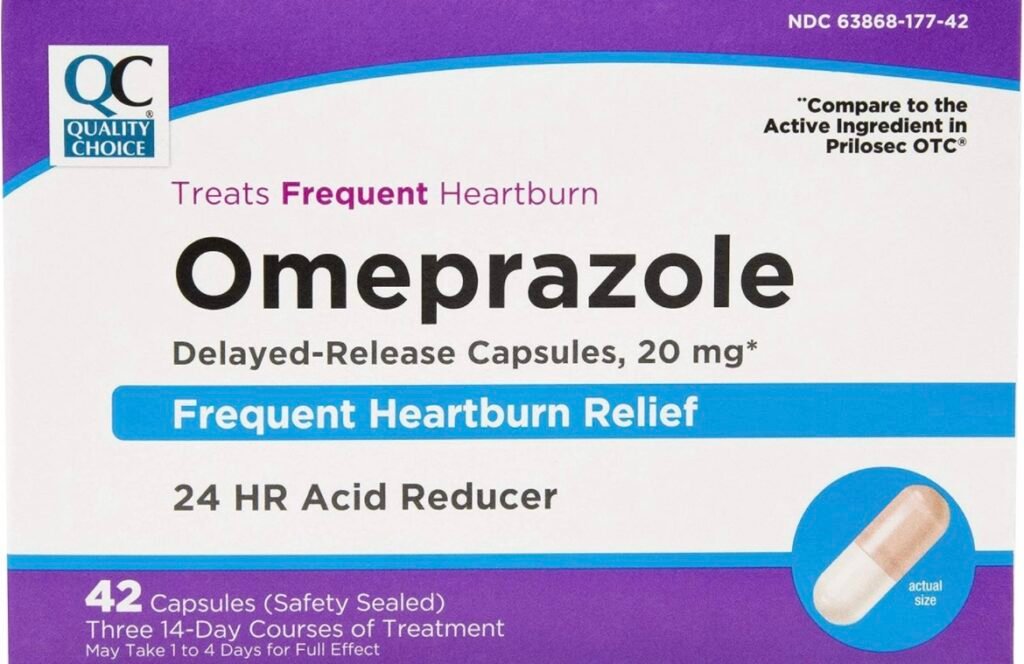
Life After Hiatal Hernia Surgery
Life after hiatal hernia surgery can bring significant improvements, but recovery requires patience and adherence to medical advice. Most patients experience relief from symptoms like acid reflux and difficulty swallowing, but the healing process involves some temporary lifestyle adjustments.
What to Expect During Recovery:
- Initial Recovery Period: Most patients can return home within 1–2 days after laparoscopic surgery. Full recovery typically takes 4–6 weeks.
- Dietary Changes: A soft or liquid diet is often required for the first few weeks to allow the esophagus to heal. Gradual reintroduction of solid foods follows.
- Activity Restrictions: Strenuous activities should be avoided during recovery, but light walking is encouraged to promote circulation.
Long-Term Outcomes:
- Symptom Relief: Many patients find that the surgery resolves persistent acid reflux and other related symptoms, improving their overall quality of life.
- Lifestyle Adjustments: Adopting a healthy diet and maintaining a healthy weight can help prevent hernia recurrence.
While recovery requires time and effort, the results are often well worth it. To learn more about how surgery can address persistent symptoms like heartburn, read TummyCure’s article on heartburn relief for additional insights.
Life after hiatal hernia surgery often marks a return to normalcy, free from the discomfort and limitations of the condition.
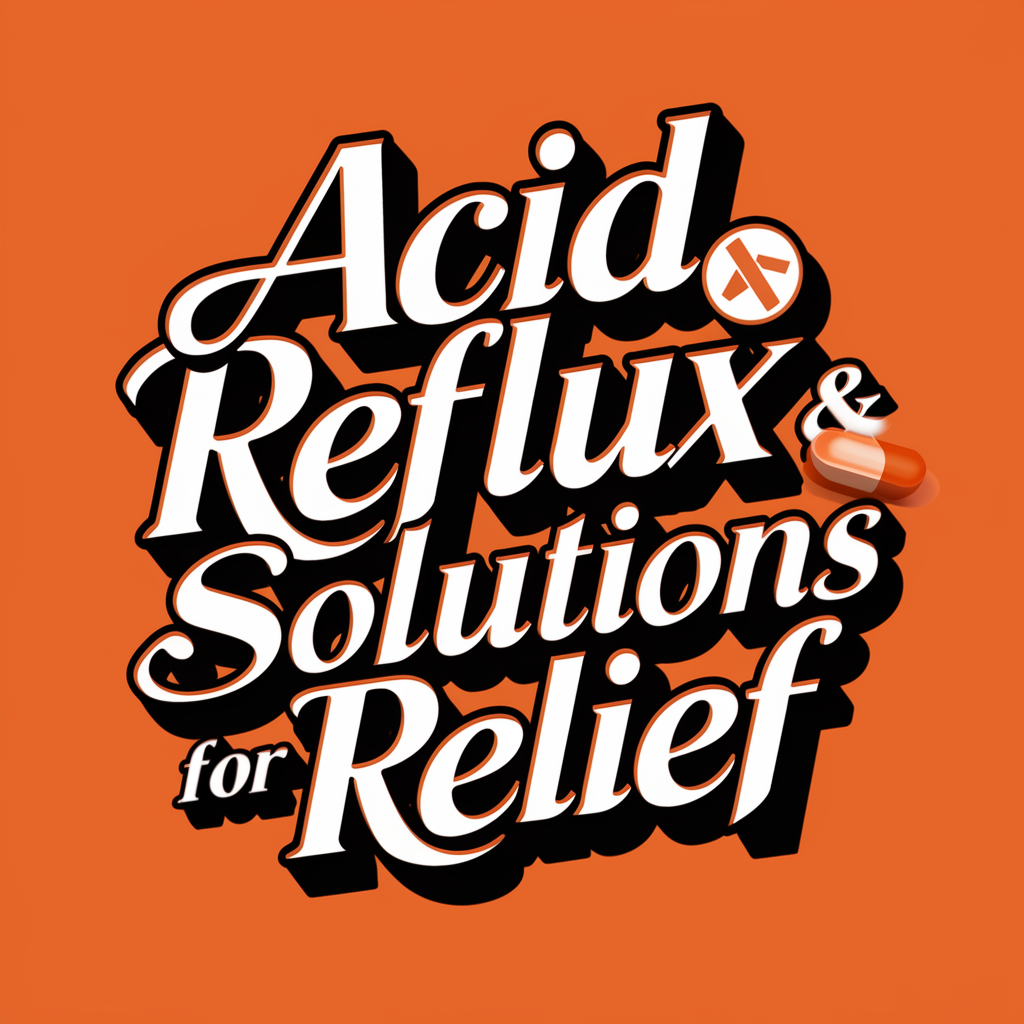
Understanding the costs and benefits of hiatal hernia surgery is essential for making an informed decision about your health. While the financial aspects can vary widely depending on factors such as insurance coverage, type of surgery, and location, the procedure’s potential to alleviate chronic symptoms and improve quality of life often outweighs the investment.
For uninsured patients, options like payment plans or cost-comparison tools, such as MDsave, can help make surgery more accessible. Those with insurance should explore their plan’s terms to understand what is covered and what out-of-pocket expenses to expect.
Hiatal hernia surgery is a safe, effective solution for many individuals struggling with severe symptoms, offering long-term relief from conditions like acid reflux and difficulty swallowing. With proper preparation and aftercare, patients can enjoy a life free from the challenges posed by this condition. For more on related topics, explore resources like TummyCure’s acid reflux guide to complement your journey to better health.
By carefully weighing costs, benefits, and risks, you can determine whether hiatal hernia surgery is the right choice for you.
As an Amazon Associate we earn from qualifying purchases through some links in our articles.



